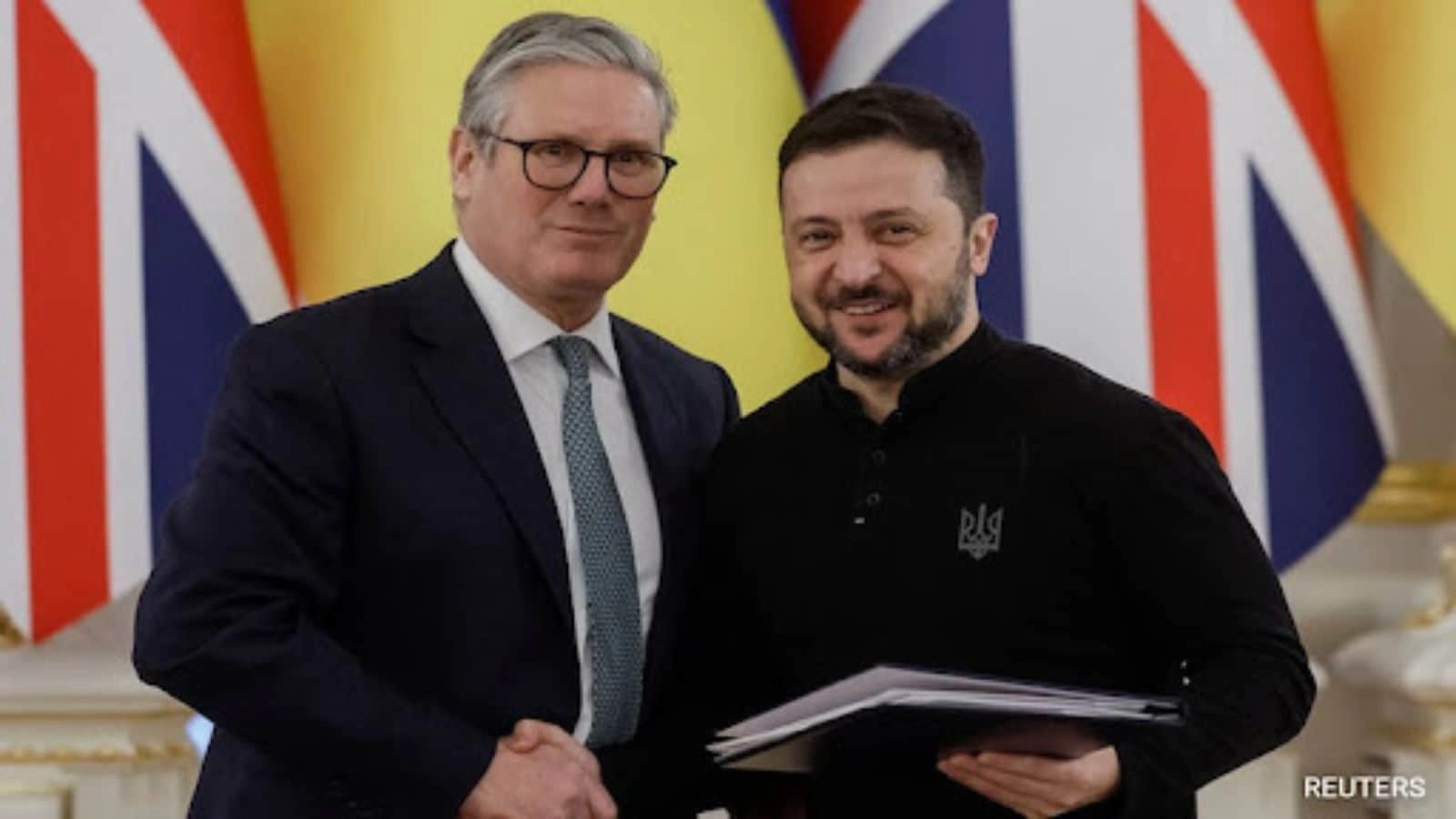The tragic death of Al Jazeera journalist Shireen Abu Akleh has sent shockwaves through the media community and beyond, highlighting the perilous conditions under which journalists operate in conflict zones. Just moments before she was fatally shot during an Israeli airstrike in Gaza, she sent a poignant message that has resonated deeply with her colleagues and supporters around the world. In her final moments, Abu Akleh emphasized the importance of reporting the truth, stating that “Israel succeeded” in its military objectives, but at a grave cost to journalistic integrity and the pursuit of accurate information. Her words encapsulated the struggle faced by many journalists who bravely risk their lives to cover the realities of war, often at the expense of their own safety.
Abu Akleh’s untimely death not only raises critical questions about press freedom but also serves as a stark reminder of the human cost involved in documenting conflicts. The incident has sparked widespread condemnation from various international organizations and human rights advocates, who argue that the targeting of journalists undermines democracy and the public’s right to know. The outpouring of grief and anger following her death has mobilized calls for accountability and justice, as many demand thorough investigations into the circumstances surrounding her killing. This tragic event underscores the urgent need for greater protections for journalists working in hostile environments, where the line between reporting and becoming a target is increasingly blurred.
As the world mourns the loss of Shireen Abu Akleh, her legacy continues to inspire a new generation of journalists dedicated to uncovering the truth. Her commitment to reporting on the Palestinian plight and shedding light on the complexities of the Israeli-Palestinian conflict has left an indelible mark on the field of journalism. The sacrifices made by journalists like Abu Akleh highlight the importance of their work in bringing attention to issues often overlooked or misrepresented. In her memory, it is crucial for media organizations, governments, and civil society to advocate for the safety and rights of journalists, ensuring that their voices are heard and their stories told, even in the face of overwhelming adversity.
Ultimately, the story of Shireen Abu Akleh serves as a rallying cry for the media community and supporters of press freedom worldwide. The fight for truth and accountability must continue, as her message reverberates through the corridors of power and the hearts of those who believe in the fundamental right to free expression. In an era where misinformation can spread rapidly, her work reminds us of the vital role that journalists play in fostering informed societies. As we reflect on her contributions, let us honor her memory by recommitting ourselves to the principles of justice, transparency, and the unwavering pursuit of truth, ensuring that her voice—and the voices of countless others—are never silenced.




